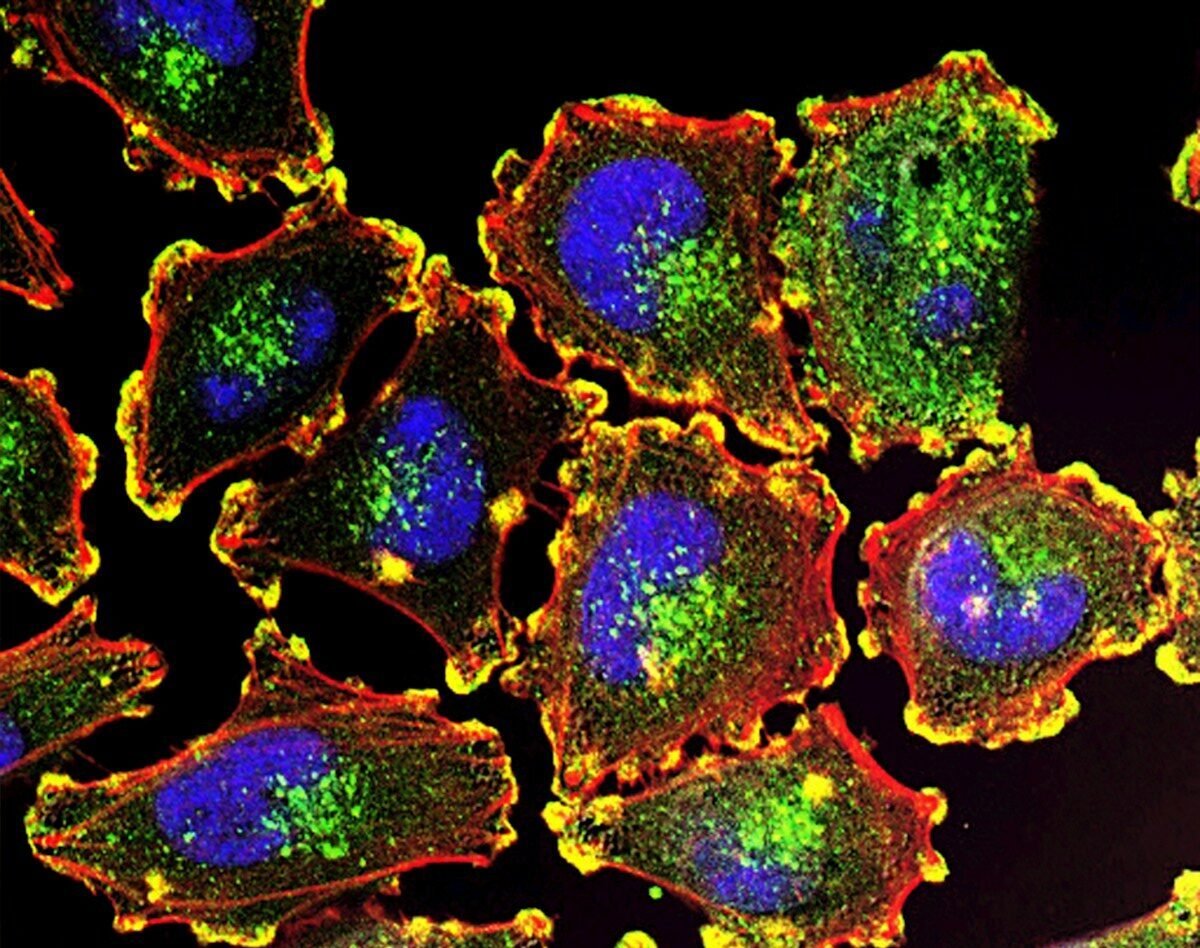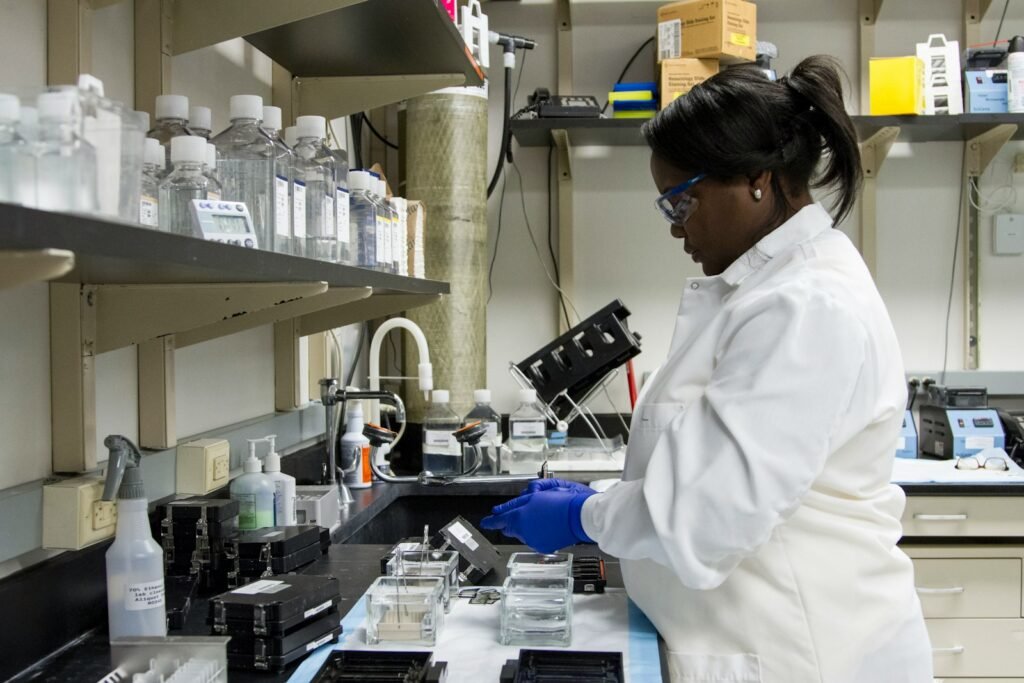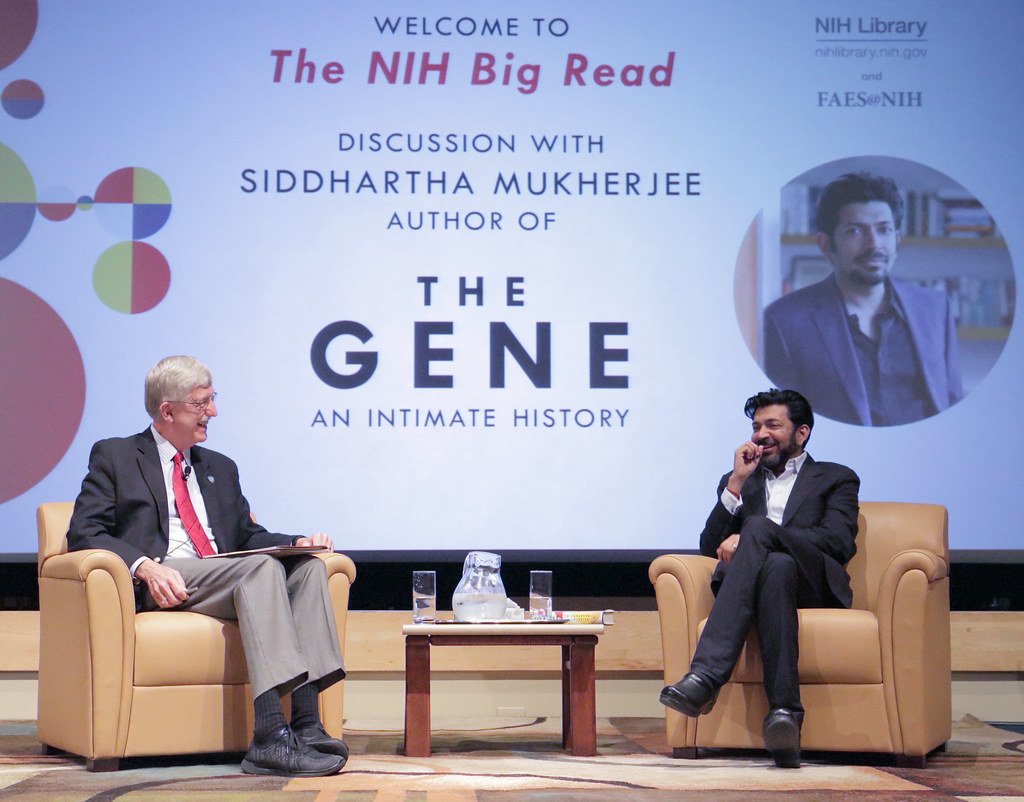Dr. Siddhartha Mukherjee is a renowned Indian-American physician, oncologist, and author celebrated for his groundbreaking work in the field of oncology. His remarkable contributions to cancer research and the human genome have significantly influenced modern medicine, offering fresh perspectives on how diseases are perceived and treated. Mukherjee’s work blends scientific rigor with a narrative style that has captivated both the medical community and the general public, illustrating the transformative and humanizing aspects of medicine.
The Journey to Understanding Cancer

Dr. Mukherjee’s journey in cancer research began with a profound interest in the intricacies of cellular behavior. As an oncologist, he has explored the depth of cancerous cells, understanding their pathology and how they contribute to disease. His commitment to finding solutions for cancer patients propelled him to write “The Emperor of All Maladies: A Biography of Cancer,” which provides a comprehensive history of cancer from its earliest documented appearances to modern treatment approaches.
This Pulitzer Prize-winning book opens up the enigmatic world of cancer, making it accessible to readers by demystifying complex scientific concepts and weaving them into a narrative that resonates emotionally. Mukherjee’s work presents a new way of visualizing cancer not just as a set of rogue cells but as a deeply embedded part of human biology that requires innovative approaches for treatment.
Pioneering Work in the Human Genome

In addition to his contributions to oncology, Dr. Mukherjee has made significant strides in the study of genomics. His research delves into the human genome, the blueprint of life that contains the information necessary for our development, functioning, and reproduction. By deciphering the genetic code, Mukherjee and his colleagues are leading efforts to understand how genetic variations between individuals affect their susceptibility to diseases like cancer.
The introduction of genomic analysis tools has transformed medicine by allowing for personalized treatment based on an individual’s genetic makeup. Mukherjee’s work in this area has been pivotal, providing insights into targeted therapies that significantly improve patient outcomes, marking a shift from one-size-fits-all treatments to precision medicine.
The Impact on Modern Medicine

Dr. Mukherjee’s research has had a profound impact on modern medicine, particularly in the areas of cancer treatment and genomics. His approach underscores the integration of traditional medical research with innovative genetic studies, optimizing clinical practices. Personalized medicine, largely informed by genomic research, has revolutionized how diseases are treated, offering tailored therapies based on genetic profiles that greatly enhance their effectiveness.
The methodologies stemming from Mukherjee’s insights have laid the groundwork for novel treatment protocols. These protocols are not only tailored to individual genetic patterns but also adaptable to continuous data and discoveries. His dedication to bridging the gap between scientific inquiry and practical treatment applications has been crucial in advancing the fields of oncology and genomics.
Educational and Public Engagement

Dr. Mukherjee’s influence extends beyond the lab and clinical settings into public education and engagement. Through his eloquent writing and lectures, he has made complex scientific topics understandable and engaging for a broad audience. His ability to humanize science and present it in a compelling narrative style not only informs but also inspires future generations of scientists, researchers, and physicians.
By fostering a deeper understanding of medicine and the challenges faced in disease treatment and prevention, Mukherjee has managed to cultivate a more informed public. His works serve as a bridge between the scientific community and society, helping to demystify critical issues that touch so many lives worldwide.
Conclusion

Dr. Siddhartha Mukherjee’s pioneering research in cancer and genomics is reshaping the medical landscape. His contributions have not only enhanced the understanding of complex diseases but also driven the push towards personalized medicine. Through his scientific and educational endeavors, Mukherjee continues to inspire and influence both his peers and the general public, emphasizing the importance of innovation, compassion, and communication in the pursuit of medical breakthroughs.

Leander is a fish out of water still figuring out how to use a laptop on the sea floor. He spends most of his time as a divemaster and skipper in various locations around South Africa assisting with marine research and educational outreach programs. He has a BA (Law) degree majoring in English Language and Philosophy.




